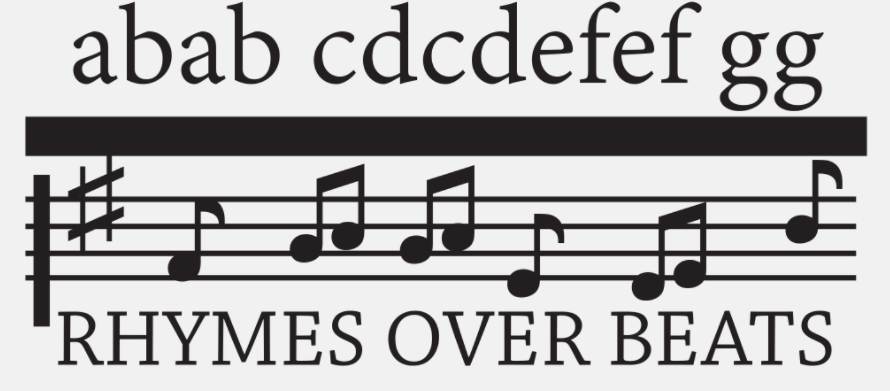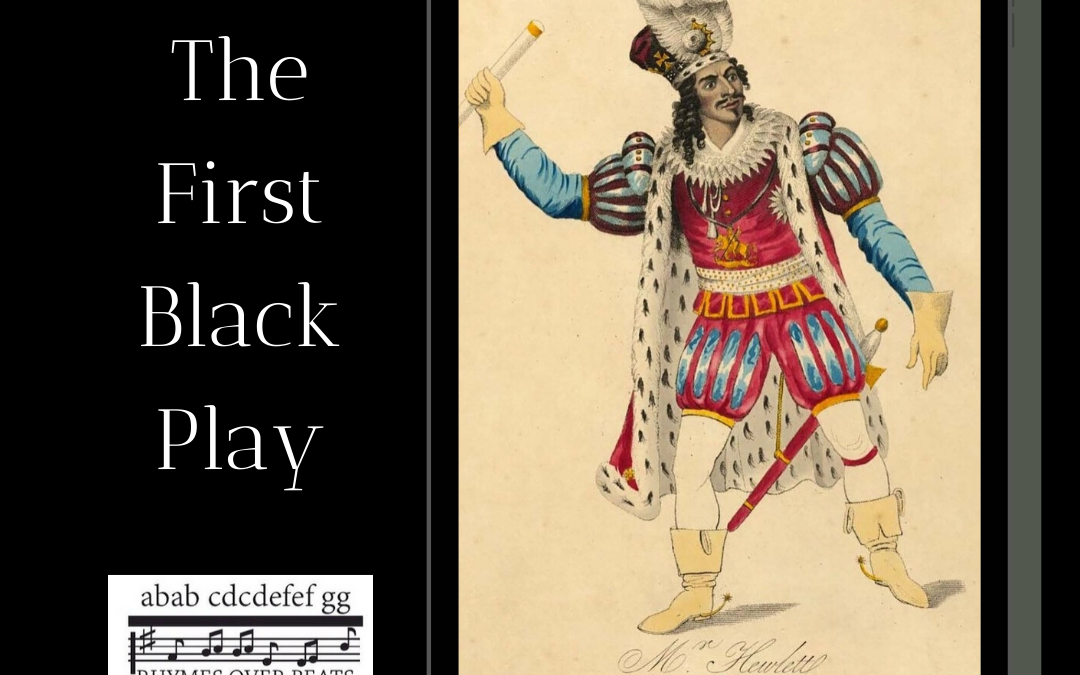
Play or Musical?
What’s the Difference?
For the last blog this year acknowledging black theater history, I want to talk about the one thing that makes any kind of theater possible: the script.
Works of theater can be divided into two types:
- Musical or
- Play
These two types can be divided into sub categories.
- If the main character dies in the end, it’s a tragedy.
- If they don’t die, it’s a comedy.
These subcategories can be further divided by subject. The subject for example, could be romance. A musical with romance can be a “romantic comedy.” A play with romance can be a “tragedy of unrequited love.”
Tradition!
When plays and musicals are created by artists sharing the same language, nation, an ethnicity or a race, a theater tradition is born.
In order for a theater tradition to be a serious theater tradition, there need to be examples of all types, kinds, and subjects.
Black theater in America is a serious theater tradition.
- Black plays and musicals have been written and performed since the founding of the country.
- Black Plays include serious dramas like Ntozake Shange’s For Colored Girls Who Have Considered Suicide When the Rainbow is Enuff.
- Black Musicals include light comedies like The Wiz.
- Black theater tradition in America includes every known type, kind and subject matter that exists in the art of theater.
However…
Black Theater has even given birth to a new musical form – a new world view that can be used to create theatrical work.
What is that world view? Hip hop.
Making THAT kind of work – Hip Hop Theater – is what Rhymes Over Beats was established to do.
Let’s make the future together: Hip Hop Theater. Interested? Get in touch with us here.




